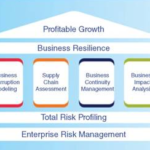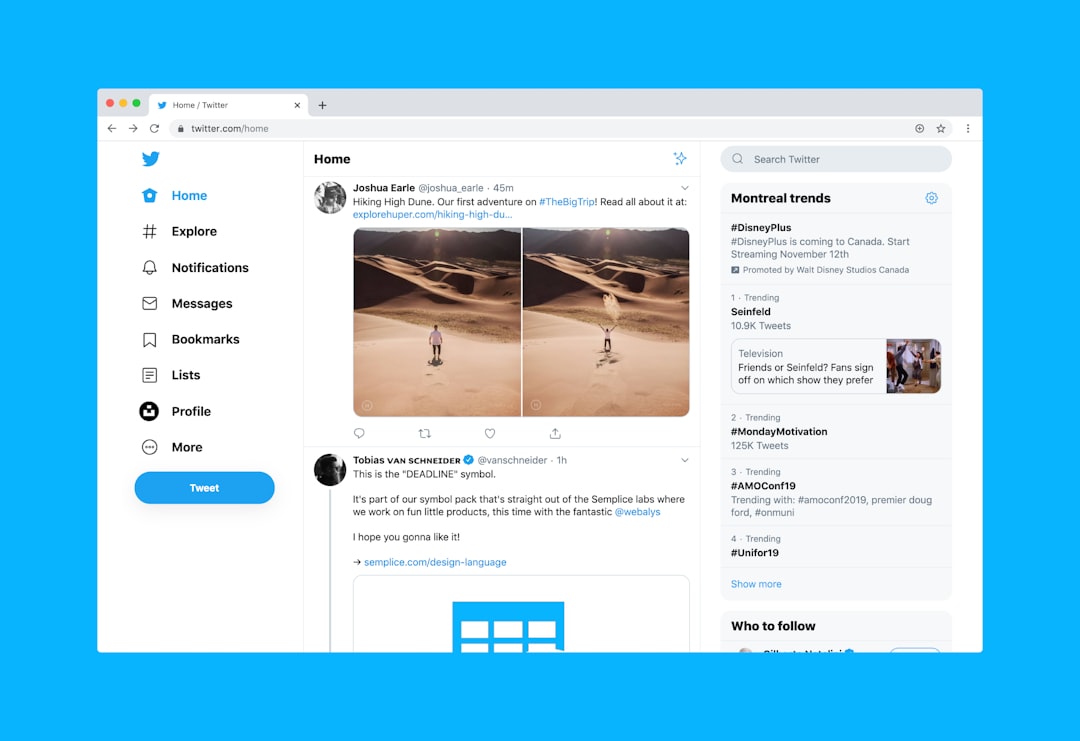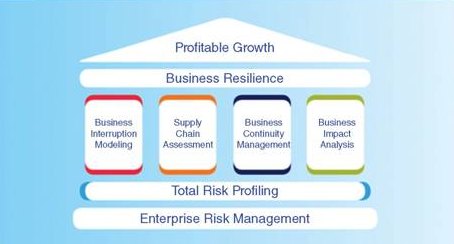In an age where social media platforms have become battlegrounds for political discourse, Tom Nichols’ Twitter presence serves as a beacon for those seeking insightful analysis and commentary. As a renowned political commentator, Nichols has harnessed the power of Twitter to disseminate his views on a wide range of topics, from the intricacies of American politics to nuanced takes on global issues. His adept use of the platform has not only elevated his voice within crowded digital spaces but has also highlighted the importance of informed commentary in shaping public opinion. Through his tweets, Nichols has adeptly navigated complex discussions, making them accessible to his followers, which range from political aficionados to the curious observer.
This article will explore the rise of Tom Nichols on Twitter, delving into the key themes that pervade his tweets, such as his reaction to political events, his commentary on social issues, and his often humorous musings on everyday life. We will also examine the impact of Nichols’ Twitter presence, looking at how his insightful comments have influenced online political conversations. Additionally, notable interactions and viral moments will be highlighted, showcasing how Nichols engages with both supporters and detractors. Through this exploration, readers will gain a deeper understanding of how Tom Nichols utilizes Twitter to foster meaningful dialogue, challenge prevailing narratives, and offer a refreshing perspective on the ever-evolving political landscape.
The Rise of Tom Nichols on Twitter
Early Adoption
Tom Nichols first embraced Twitter as a platform for sharing his political insights during the early stages of its popularity. Recognizing the potential of social media to influence public discourse, he began to actively engage with both his audience and contemporary political figures. His initial posts were primarily focused on providing analysis of current events, leveraging his expertise in international relations and national security to offer unique perspectives that were not widely represented in mainstream media.
Influence and Growth
As Nichols continued to share his thoughts and engage in discussions on Twitter, his following grew significantly. His ability to articulate complex political scenarios in accessible language made him a respected figure among political commentators on social media. This growth in followers was not just a testament to his knowledge, but also to his skill in using Twitter to foster discussions and challenge existing narratives. His tweets often sparked conversations that reached beyond his direct followers, gaining retweets and responses from a diverse audience, which further amplified his influence on the platform.
Key Themes in Tom Nichols’ Tweets
Political Commentary
Tom Nichols, a staff writer at The Atlantic and a well-known social media figure, frequently engages in political commentary on his Twitter handle, @RadioFreeTom. With a substantial following of over 692.9K, Nichols leverages his expertise in international relations and national security to provide unique insights into current events. His tweets often reflect a deep understanding of political asymmetry, as seen in his interactions, such as a memorable exchange with @NoahCRothman where he discussed the nuances of political disagreements rooted in personal experiences at a college speaking engagement.
Nichols’ commentary extends to critical evaluations of political leadership and decisions. For instance, he once deleted a tweet critiquing former President Trump’s comments about the military, reflecting his commitment to accuracy even after extensive research on historical figures like President Washington. This careful approach underscores his role as a defender of thoughtful and informed discourse in the often tumultuous realm of political Twitter.
Cultural Critiques
Beyond politics, Tom Nichols engages in cultural critiques that resonate with a broad audience. His commentary addresses how American society handles significant issues, such as the wars in Afghanistan and Iraq. Nichols points out the societal tendency to offload the burden of national conflicts onto volunteers, highlighting a disconnect between public perception and the realities faced by those directly involved. This perspective not only enriches the dialogue around national responsibility but also challenges his followers to rethink common narratives surrounding American military engagements.
In his tweets, Nichols also infuses humor and personal anecdotes, which enhance his cultural critiques and make complex topics more accessible to his audience. His self-description as a “curmudgeon and cat guy” adds a personal touch to his profile, making him relatable despite his extensive expertise and often serious commentary. This blend of professional insight and personal reflection creates a dynamic presence that encourages followers to engage deeply with both the political and cultural themes he explores.
Impact of Nichols’ Twitter Presence
Public Discourse
Tom Nichols’ significant influence on Twitter is evident from his substantial following and active engagement. With over 692.9K followers and a history of 467.1K posts, Nichols has crafted a niche where he consistently addresses critical national and international issues, shaping public discourse significantly. His approach to merging expert analysis with accessible language allows him to reach a broad audience, from policy enthusiasts to the general public, who are eager to understand complex political landscapes.
Nichols’ presence on Twitter goes beyond mere commentary. He actively engages in dialogues that encourage his followers to think critically about democracy and the role of expertise in society. His self-description as a “curmudgeon, cat guy, democracy enthusiast, and defender of experts” underscores his commitment to fostering an informed electorate. This engagement is crucial at a time when public discourse is often polarized and misinformation is rampant.
Media Attention
The impact of Nichols’ Twitter activity also extends to media attention, both social and traditional. His thoughtful critiques and perspectives on various issues often garner significant attention, leading to broader discussions that transcend the platform. For instance, his insights into the implications of leadership changes on platforms like Twitter itself highlight his role in influencing not only public opinion but also the media narrative surrounding these changes.
Nichols’ commentary on the exodus of users from Twitter following ownership changes reflects a deeper understanding of social media dynamics and user behavior. He argues that abandoning platforms may inadvertently cede ground to less savory elements, thus diluting the quality of discourse and empowering extremes. This stance has not only sparked debates among users but has also attracted media coverage, further amplifying his influence and the importance of reasoned voices in public discussions.
Through his tweets, Nichols has become a pivotal figure in shaping how political events are perceived and discussed, demonstrating the power of a well-informed individual to influence both public discourse and media narratives on a global scale.
Notable Interactions and Viral Moments
High-Profile Debates
Tom Nichols’ engagement on Twitter often transcends typical social media interactions, venturing into high-profile debates that capture the attention of a wide audience. His ability to dissect complex political issues is evident in his sharp exchanges, such as his critique during a televised debate where he highlighted the contrast in approaches between political figures. Nichols noted that while one candidate’s responses were “rambling but fact-based and rooted in sensible policy,” the other was “lying his ass off“. These moments are not only memorable but also demonstrate his influence in shaping public perceptions during critical discussions.
Memorable Tweets
Tom Nichols’ Twitter feed is a treasure trove of insights, where he frequently shares thoughts that resonate deeply with his followers. One such memorable tweet discussed the need for people to feel part of a significant struggle, a theme that he elaborates on in his book “Our Own Worst Enemy.” This tweet reflects his deep understanding of societal dynamics and the psychological needs that drive public discourse. Another notable tweet was his critical view on the Quincy Institute, questioning whether it serves as a sanctuary for dissident voices or a circus funded by controversial figures. These tweets not only spark significant conversation but also highlight Nichols’ role as a critical observer and commentator in the political landscape.
Conclusion
Throughout this exploration of Tom Nichols’ Twitter saga, we’ve traversed the landscape of his engaging and impactful presence, from his astute political commentary to his resonate cultural critiques. Nichols’ adept use of Twitter not only showcases his insightful analysis on a broad spectrum of issues but also magnifies his role in influencing public discourse and media narratives. His careful blend of expert opinion, relatable anecdotes, and timely humor establishes a powerful connection with his followers, fostering a space for thoughtful dialogue and reflection on both national and international stages.
The significance of Nichols’ contributions through his Twitter platform underscores the potential of social media as a force for informative and meaningful engagement. By challenging prevailing narratives, encouraging critical thinking, and engaging with a diverse audience, Nichols not only shapes the conversations around pressing issues but also exemplifies the importance of informed commentary in today’s digital age. As readers and participants in the ever-evolving discourse, the insights garnered from Nichols’ Twitter presence invite us to further reflect on the role of expertise, democracy, and responsible communication in shaping a more informed and thoughtful society.








